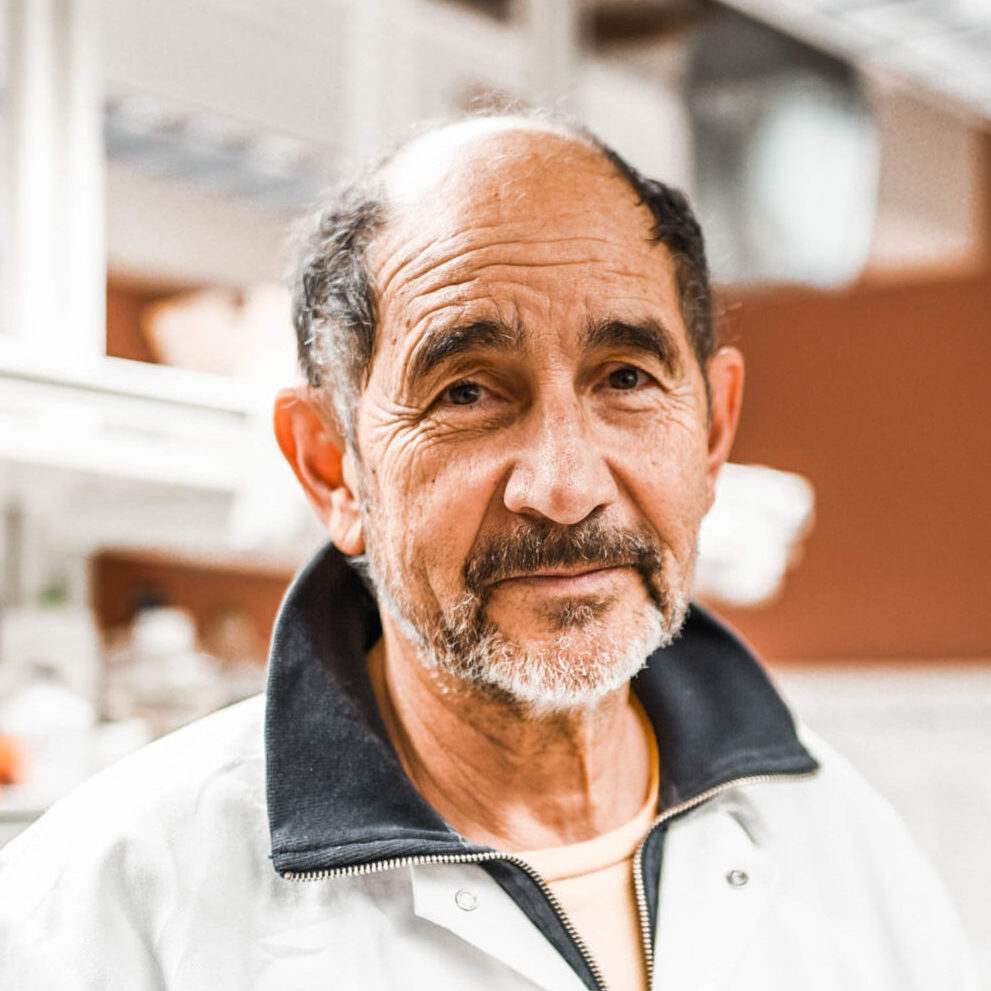Course Description
The current food system heavily reliant on animal-based products must undergo a transformation to mitigate its adverse impact on global warming and alleviate animal suffering. However, despite the initial enthusiasm surrounding plant-based foods, progress in product development and sales has plateaued. There is an urgent need for innovation in the form of more delectable and cost-effective ingredients, advancements in plant cultivation, utilization of by-products, and the integration of automation to facilitate scaling up.
This course serves as a dynamic nexus where students engage closely with entrepreneurs, corporations, venture capitalists, and plant-based organizations, allowing them to gain a comprehensive understanding of the plant-based food landscape. Students will delve into the principles of food science as applied to the conception and production of plant-based edibles. Through collaborative teamwork, they will confront industry challenges and endeavors to create innovative, tangible plant-based products.
A special emphasis will be placed on designing wholesome, minimally processed foods utilizing locally available raw materials. Graduates of this program have not only forged new companies but also found gainful employment within the forefront of the burgeoning plant-based industry.
Application
This course is meant for students in engineering and other disciplines who seek a challenging, interactive, team-based, and hands-on learning experience in entrepreneurship and technology. In this highly experiential course, students work in simulated start-up teams to create products or start-up ideas to address a broadly-defined need of an industry partner or social challenge.
The current animal-based food system needs transformation to combat global warming and reduce animal suffering. Despite initial excitement for plant-based foods, progress in development and sales has stalled. Innovation in tastier, cost-effective ingredients, advanced plant cultivation, by-product utilization, and automation is essential.
This course connects students with entrepreneurs, corporations, venture capitalists, and plant-based organizations for a comprehensive view of the plant-based food industry. It covers food science principles applied to plant-based product design, with students working in teams to tackle industry challenges and create innovative plant-based products.
Due to the nature of this class topic, it is highly recommended that students have a strong background in biological sciences, chemistry, chemical engineering or related disciplines. Students from other backgrounds who are interested in the class topic are also welcome to apply as we will form interdisciplinary teams. Unfortunately, we can only admit very few students with a non technical major because innovation on plant based foods is becoming technically very complex. In order to form the class with the appropriate mix of students, all students must fill out an application and submit a resume. As we near the start of the semester, the instructor will review applications on a rotating basis and you will be notified via email if you have been admitted or not. If admitted, you will be given permission to enroll.
About Challenge Labs
Challenge Labs are 4 unit courses for students of all academic backgrounds who seek a rigorous, interactive, team-based, and hands-on learning experience in entrepreneurship and technology. These courses use a unique pedagogy, The Berkeley Method of Entrepreneurship, that involves the use of games, industry guest speakers, team exercises, videos and labs to cover the early part of the startup lifecycle. In these highly experiential courses, students form start-up teams to create technology solutions or services to address a broadly-defined problem posed by an industry partner or social challenge.
Video
Introducing Team Sundial
Hear from team Sundial, a startup that started in the SCET Alt Meat Challenge Lab.
Instructor

Ricardo San Martin
Ricardo is an inventor and entrepreneur in chemical and biological sciences. As a professor of entrepreneurship and innovation, Ricardo teaches at the Sutardja Center for Entrepreneurship and Technology and is the Co-founder of the Alt.Meat Program at UC Berkeley. Ricardo was also the Founding Director of the Master of Design P. at the Universidad Catolica de Chile. Ricardo has a Ph.D. in Biotechnology from the Imperial College London and has a M.S. in Chemical Engineering from UC Berkeley.

Sarah Klass
Sarah is a Postdoctoral Researcher at the Keasling Lab, UC Berkeley where she is working on engineering polyketide synthetases (PKSs) to bio-manufacture small molecule monomers that can be polymerized into recyclable 3D plastics. With a chemistry and chemical biology background, her focus has been on chemically and genetically modifying natural protein structures for advanced material functions. During her Ph.D. in the Francis lab at UC Berkeley, she studied the impact of sequence modification on intrinsically disordered proteins’ self-assembling properties to develop a new class of bioderived and biodegradable protein-based materials with unique functions.
